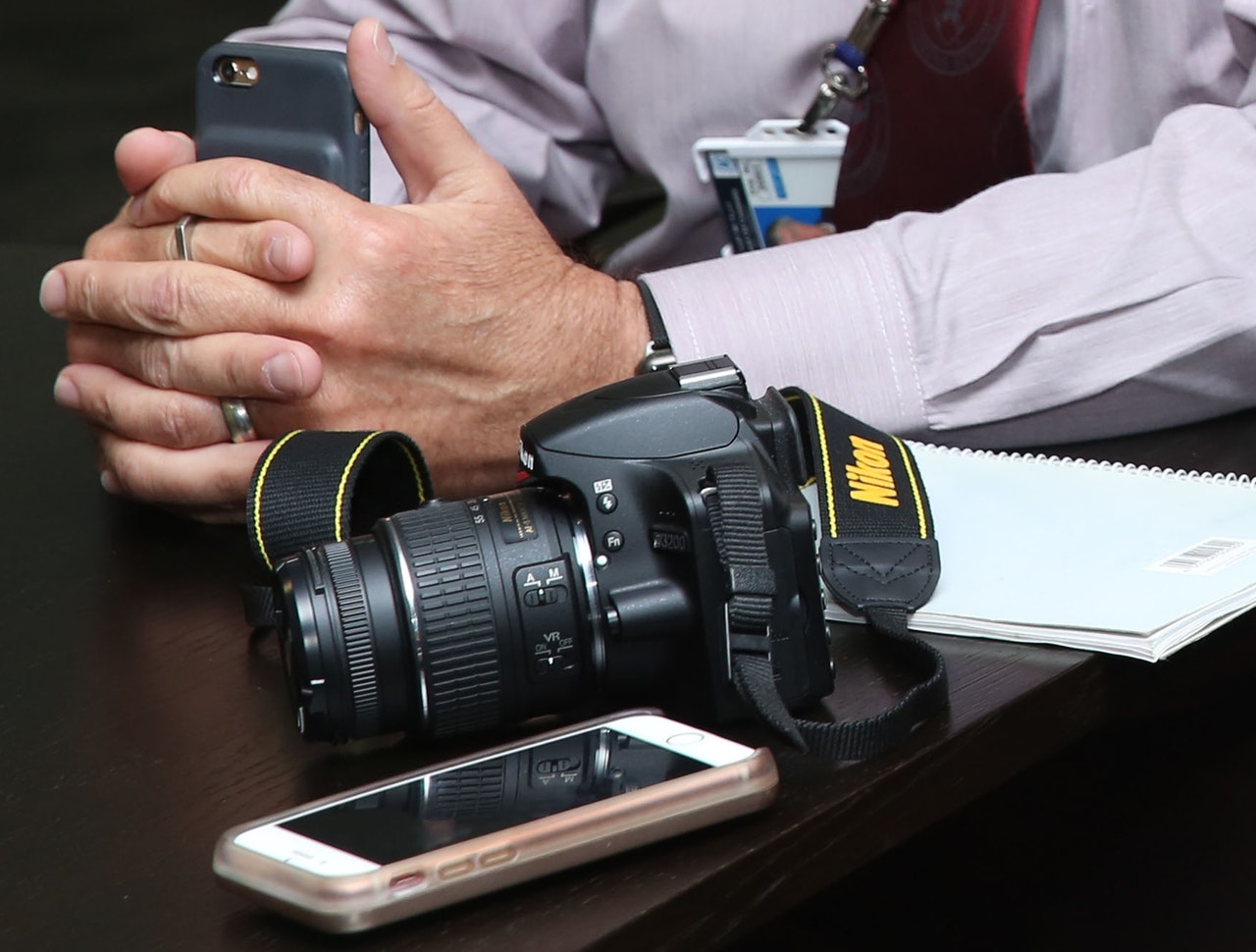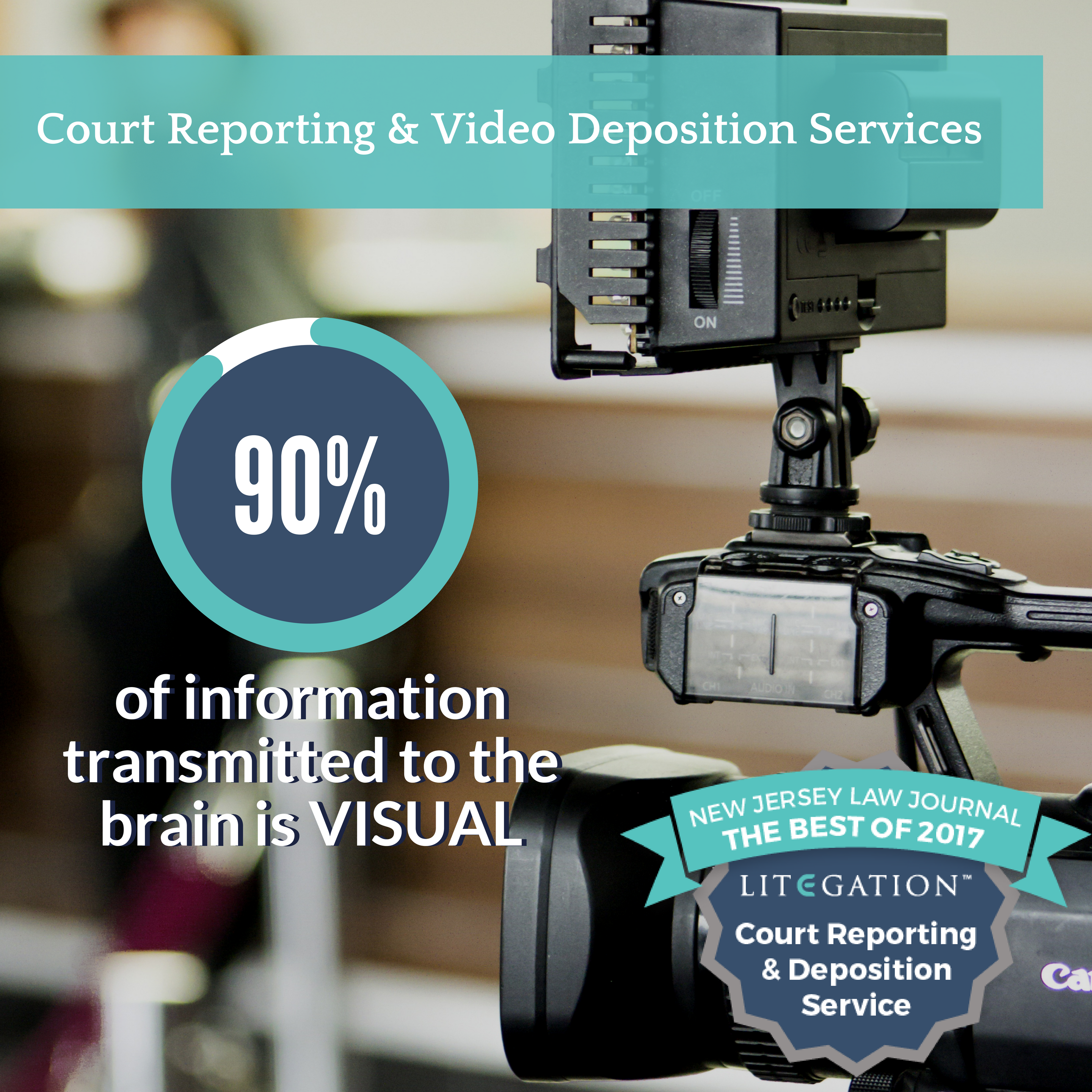As discussed in an earlier blog, video depositions of a deponent’s testimony can provide many benefits. One potential benefit to conducting a video deposition is that under New Jersey’s Rules of Evidence 804(b)(1), when a witness is deemed unavailable, prior deposition testimony may be used during trial. Generally, deposition testimony of an unavailable witness need not be video recorded in order for the testimony to be presented at trial—an attorney can read the testimony from a transcript of the deposition. Nonetheless, a video deposition may allow the attorney to present such testimony more smoothly and compellingly.
Under New Jersey Court Rules and Rules of Evidence, however, treating physicians or expert witnesses are not considered unavailable “simply because they are not subject to service of process” or because the court cannot compel their attendance. See Thompson by Thompson v. Merrell Dow Pharm., Inc., 229 N.J. Super. 230, 252, (App. Div. 1988). Parties are required to exercise due diligence to secure the appearance of the treating physician or expert witness at trial. Nonetheless, due to a variety of reasons (costs, employment obligations of the expert, refusal of expert to travel to trial, expert having to testify at another trial at the same time, etc.), litigants might face substantial obstacles in securing an expert’s appearance at trial even though that expert might not be considered “unavailable” under New Jersey’s Rule of Evidence 804.

To help address these potential difficulties in presenting medical and expert testimony at trial, in 1980, the New Jersey Supreme Court enacted New Jersey Court Rule 4:14-9 (Audiovisual Recording of Depositions), which allows for de bene esse video-taped depositions of treating physicians and experts whether or not they are within the jurisdiction. Rule 4:14-9(e) provides in part:
“[A]n audiovisually-recorded deposition of a treating physician or expert witness, which has been taken in accordance with these rules, may be used at trial in lieu of testimony whether or not such witness is available to testify and provided further that the party who has taken the deposition has produced the witness for further audiovisually-recorded deposition necessitated by discovery completed following the original deposition or for other good cause.”
In other words, provided that the requirements of Rule 4:14-9 are met, a party can present the video-recorded deposition testimony of a treating physician or expert at trial in lieu of live testimony. Thus, if a physician or expert’s availability for trial is questionable, a prudent litigator may seek to conduct a video deposition of that expert prior to trial in case the physician or expert is ultimately unable to testify at trial. After all, Rule 4:14-9(e) makes clear “the taking of an audiovisually-recorded deposition of a treating physician or expert witness shall not preclude the party taking the deposition from producing the witness at trial.” Therefore, a party may still call the physician or expert at trial, even if the party has already conducted a de bene esse video deposition of that physician or expert.
A more recent case, Guerriero v. Visual E-Fex, LLC, No. A-5141-11T4, 2013 WL 6817724 (App. Div. Dec. 27, 2013), provides a cautionary tale of the consequences of failing to conduct a video deposition of an expert. In this case, one defendant (Wernes) read portions of testimony of a discovery deposition of an expert (Chen) for the plaintiff, who the plaintiff ultimately decided not to call at trial. Additionally, the expert had notified the parties that he would be unable to attend trial due to employment obligations. A jury returned a verdict in favor of defendant Wernes. The Appellate Division reversed and remanded the verdict, finding that the trial court abused its discretion by allowing Wernes to read the deposition testimony of Chen. Chen was not unavailable under Evidence Rule 804, and his deposition was not video-recorded as required by Court Rule 4:14-9. The Appellate Division held that in order for the testimony of the expert to have been used by the defendant in his case-in-chief, Wernes needed to conduct a de bene esse video deposition pursuant to Court Rule 4:14-9.

Video depositions are often useful for any witness; but they might be essential for treating physicians or expert witnesses. In New Jersey, litigators should consider conducting de bene esse video depositions of physicians and expert witnesses prior to trial so that testimony can be presented at trial in the event the physician or expert is unable to testify at trial.
To learn more about LITeGATION’s de bene esse video-proceedings, or for more information about litigation support services, contact us at info@litegation.com.







